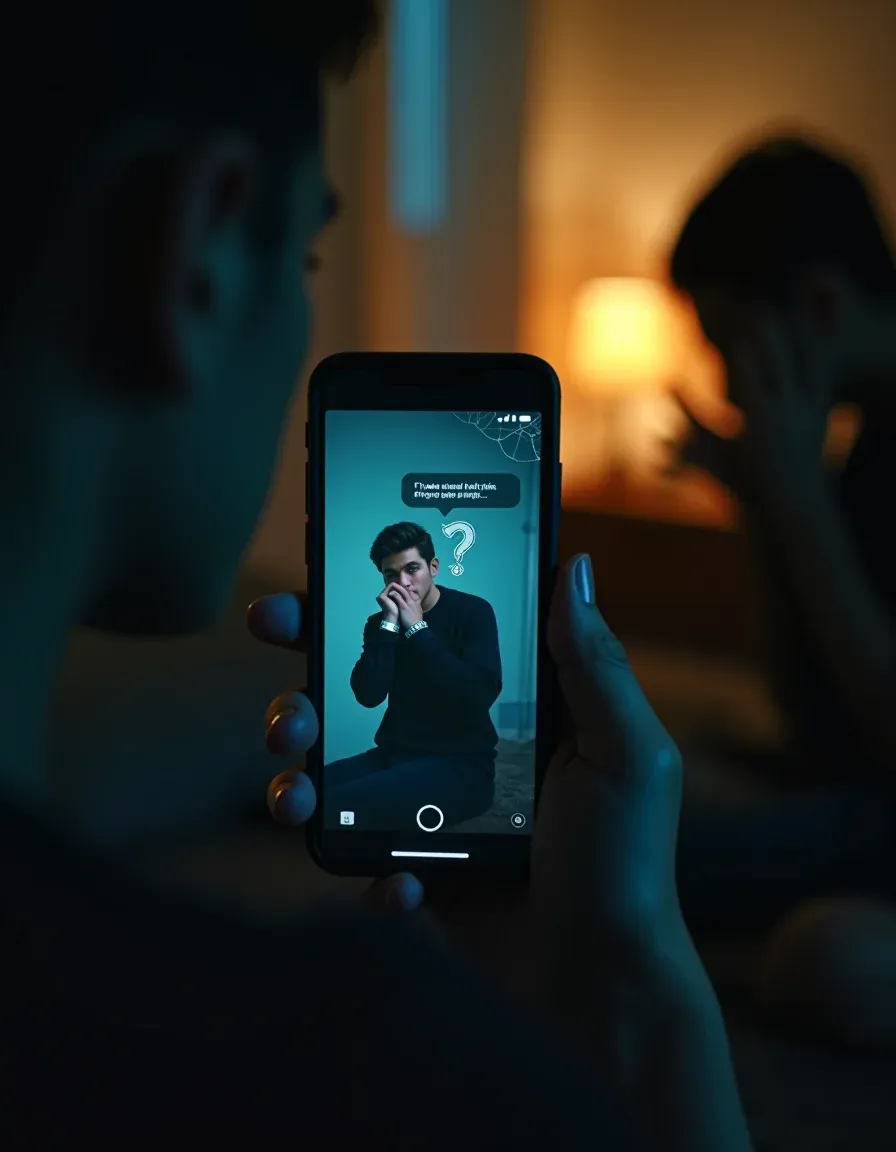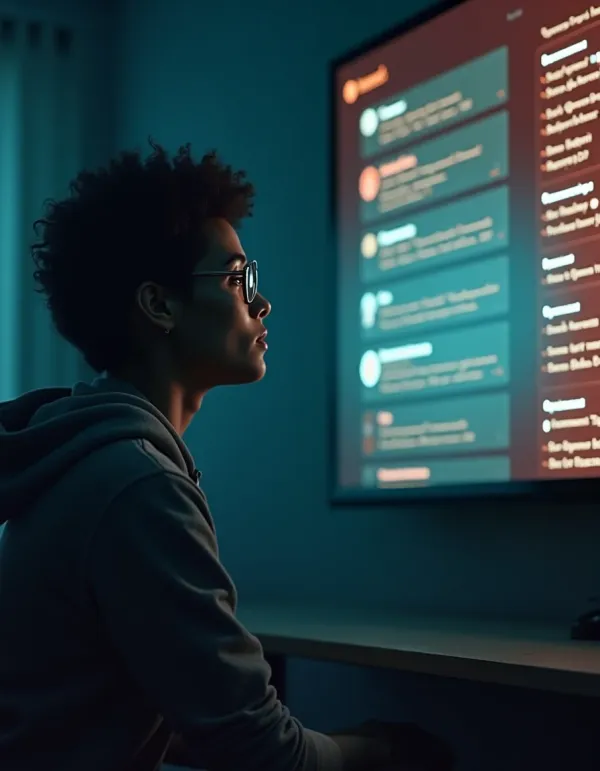He Threatened Self-Harm Over a Meme — Am I the Jerk?
You made a private AI meme and he threatened self-harm — was that an overreaction or emotional abuse? Find out why readers say his reaction crossed a line, what safety steps to take, and how to set clear boundaries.

You made a silly AI meme of your boyfriend dancing. You didn’t post it — it was private — but he saw it, exploded, called you disrespectful, brought up your support for LGBT people as if that was a problem, and threatened to hurt himself. Now you’re wondering: did you cross a line, or is his reaction the real problem?
So what’s really going on?
Short answer: most people think you didn’t deserve that meltdown. Making a private joke about someone can be a misread of their sense of humor. But an hour-long attack and threats of self-harm aren’t a normal reaction. That’s alarming — and not your fault.
What people notice (aka the takeaways)
- Humor vs. harm: A private meme is usually harmless if you weren’t going to share it. People say misjudging someone’s taste is human — not an excuse for verbal abuse, though.
- Red flags in the reaction: Threatening self-harm or trying to guilt you is manipulative and a major warning sign. If someone uses that to control or punish, that’s emotionally abusive.
- Insecurity & identity stuff: Bringing up your LGBT support and acting like being mocked would imply something about his sexuality points to fragile ideas about masculinity or possible internalized bias. That’s for him to work through, not you to fix.
- AI privacy worries: Some people are legitimately freaked by AI tools using their image. That can be a valid boundary — but it doesn’t justify threats or prolonged attacks.
What you can do right now
- Take any threat of self-harm seriously. If you think he’s in immediate danger, call local emergency services. In the U.S. you can dial or text 988 for suicide and crisis lifeline. If you’re elsewhere, contact local emergency numbers or crisis services.
- Set a clear boundary: say you won’t be spoken to that way. If you deleted the file and didn’t post it, explain that calmly and stand by it.
- Discuss consent and AI use: tell him you’ll never post images without permission. If AI editing of faces worries him, agree on rules for future use.
- Look at patterns: this one overreaction plus other controlling behaviors? That’s a pattern worth addressing or leaving. Safety and emotional wellbeing come first.
- Encourage professional help if mental health issues are involved. Conditions that cause extreme emotional dysregulation — for example, borderline personality disorder — can make small triggers feel huge. Therapy (like DBT) and medical help can make a difference: https://en.wikipedia.org/wiki/Borderline_personality_disorder
Quick facts & context
Self-harm and threats of self-harm are serious. Self-harm is often used to cope with intense feelings and can increase suicide risk. It’s not a tool to manage relationship conflicts: https://en.wikipedia.org/wiki/Self-harm
And yes, AI tools that edit faces are new and unsettling to people. That’s a real privacy concern — but privacy rules and consent should be respected, not weaponized: https://en.wikipedia.org/wiki/Artificial_intelligence
Bottom line: you weren’t in the clear for making the meme if you’d planned to post it without consent. But you didn’t — and his response crossed a line. Take threats seriously; protect yourself; set boundaries; and if this behavior repeats, rethink if this relationship is healthy for you.




